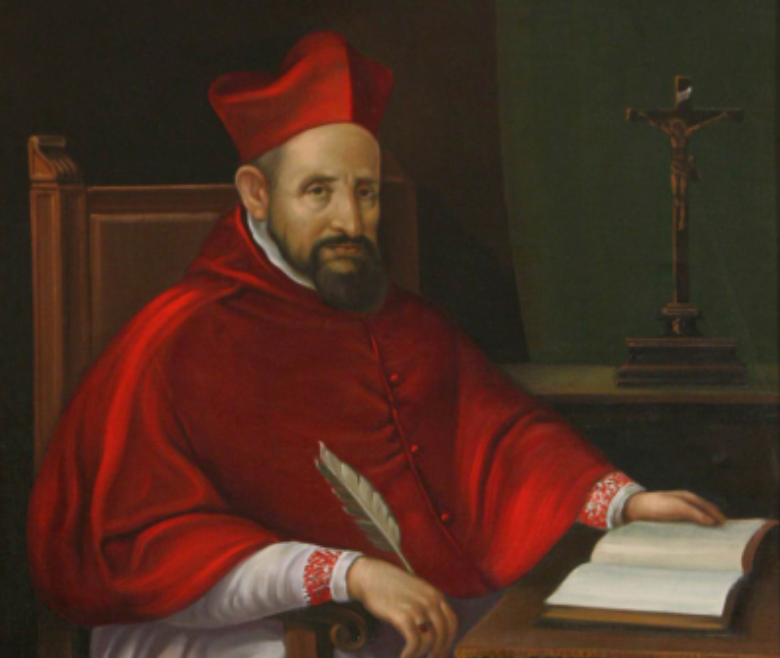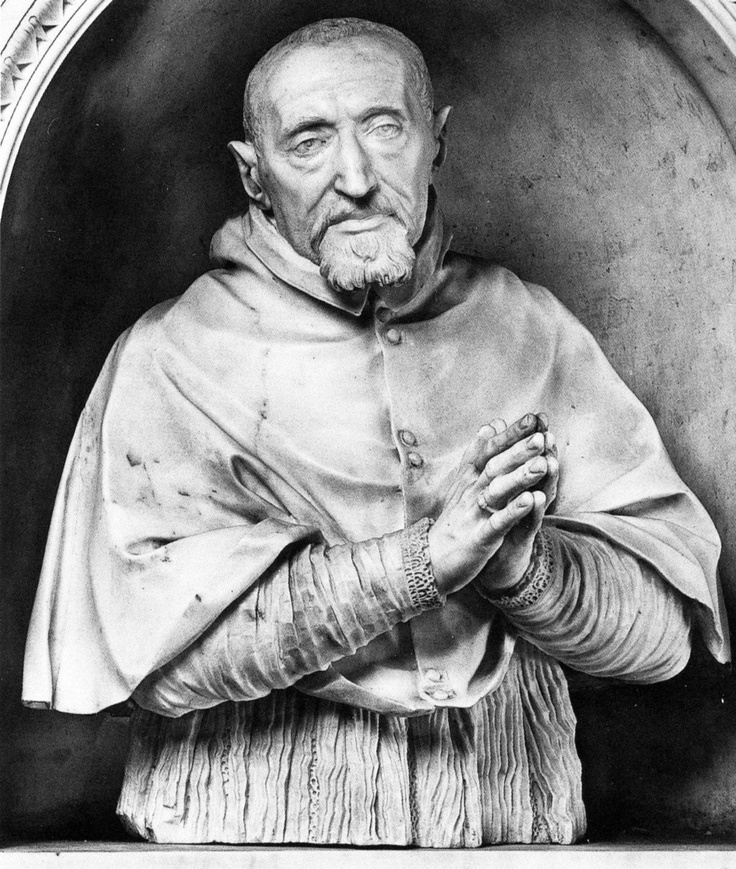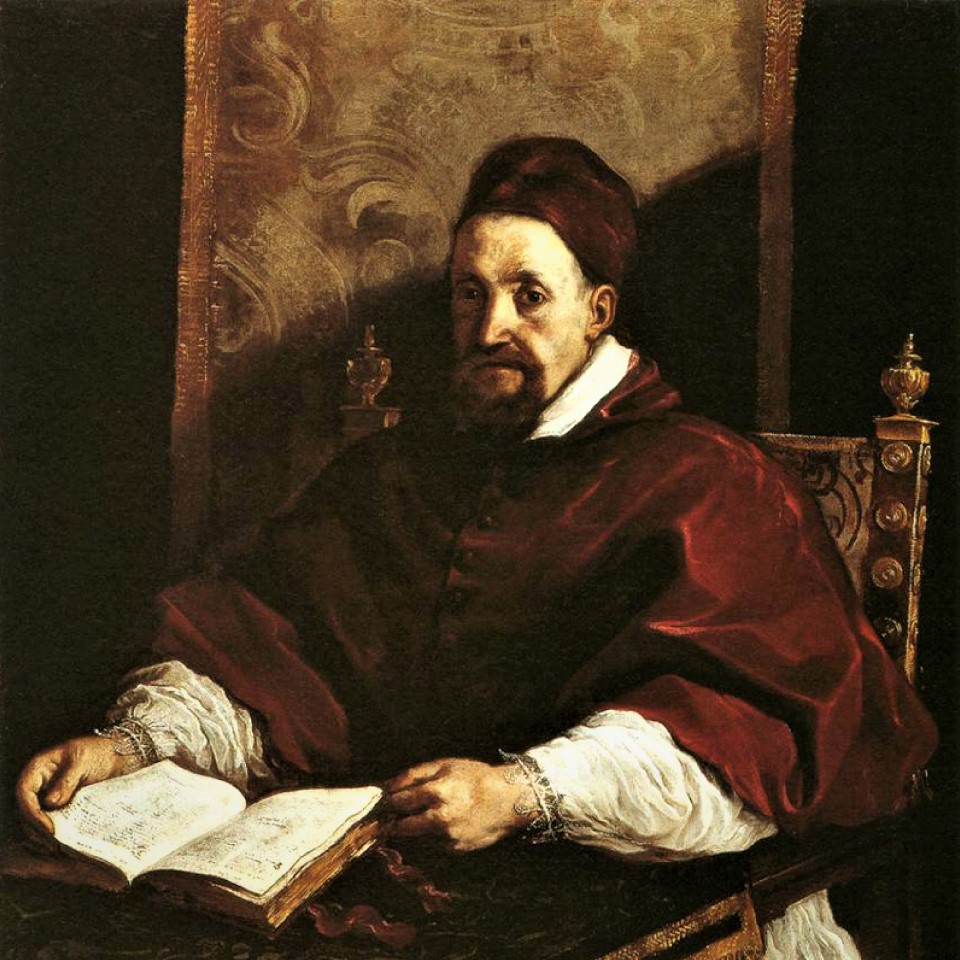“It is granted to few to recognize the True Church amid the darkness of so many schisms and heresies,”
Robert was born in Montepulciano, Italy, on October 4, 1542. He was the 3rd of 10 children.
At the age of 18, the entered the newly formed Society of Jesus and was ordained a priest. He went on to teach at Louvain where he became famous for his Latin sermons.
When he was ordained, the study of Church history and the fathers of the Church were in a sad state of neglect. He began devoting this energy to these 2 subjects, as well as to scripture, in order to systematize Church doctrine against the attacks of the Protestant Reformers.
He was appointed to the Chair of Controversial Theology at the Roman College, becoming Rector in 1592, and then became Provincial of Naples in 1594.
He angered the monarchs in England and France with his writings. He noted the temporal power of the pope, and the role of the laity, and showed that the divine-right-of-kings theory was untenable. He took a position based on principles now regarded as fundamentally democratic, that authority originates with God, but is vested in the people, who entrust it to fit rulers.
He limited his household expenses to what was barely essential, eating only the food available to the poor. He was known to have ransomed a soldier, who had deserted from the army, and he used the hangings of his rooms to clothe poor people, remarking, “The walls won’t catch cold.”
He was made cardinal by Pope Clement VIII on the grounds that “he had not his equal for learning” and became his theologian, preparing 2 catechisms which gave great influence in the Church. He protected the Apostolic See against the anti-clericals in Venice. He also composed exhaustive apologetic work against the prevailing heretics of his day.
He was friends with Galileo, the famous astronomer, and admired him. He caused great controversy in 1616, at the age of 74, when he had to admonish his friend on behalf of the Holy Office, which had decided that the heliocentric theory of Copernicus was contrary to Scripture. The admonition amounted to a caution against putting forward, other than a hypothesis, theories not yet fully proven, showing that Saints are not infallible.
He devoted his life to the study of Scripture and Catholic doctrine. His writings help us understand that the real source of our faith is not merely a set of doctrines, but rather the person of Jesus still living in the Church today.
He died on September 17, 1621 and his canonization began just within a couple of years. He has been declared a doctor of the Church.
“I will recognize that I have a great bond with and need for God, as he alone is my creator, my maker, my father, my exemplar, my happiness, my all.”
He is the patron saint of Catechists and Catechumens.
His feast day is September 17.
For God’s Glory.


